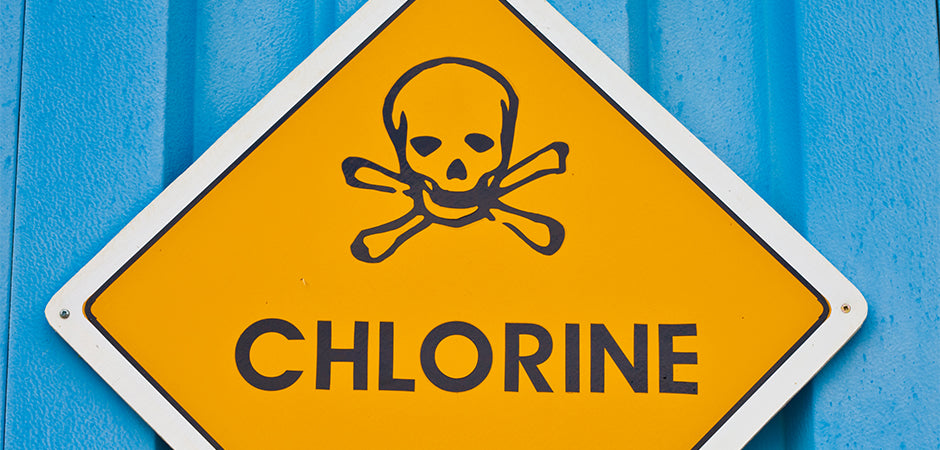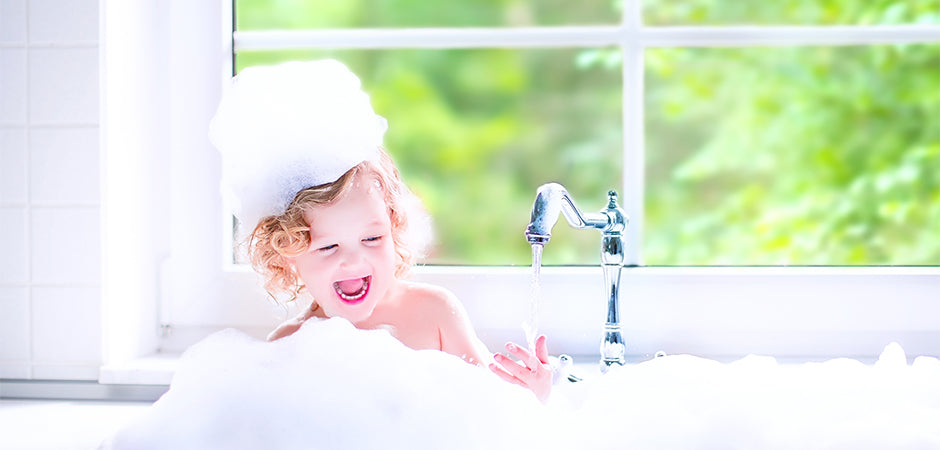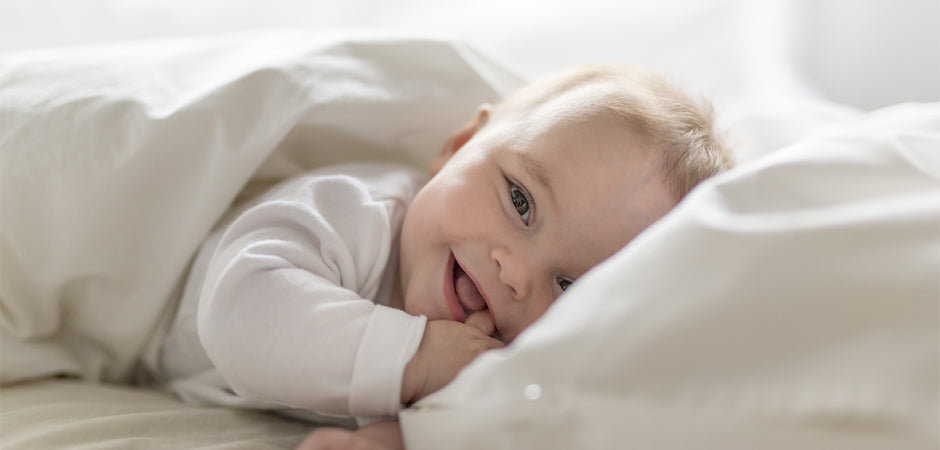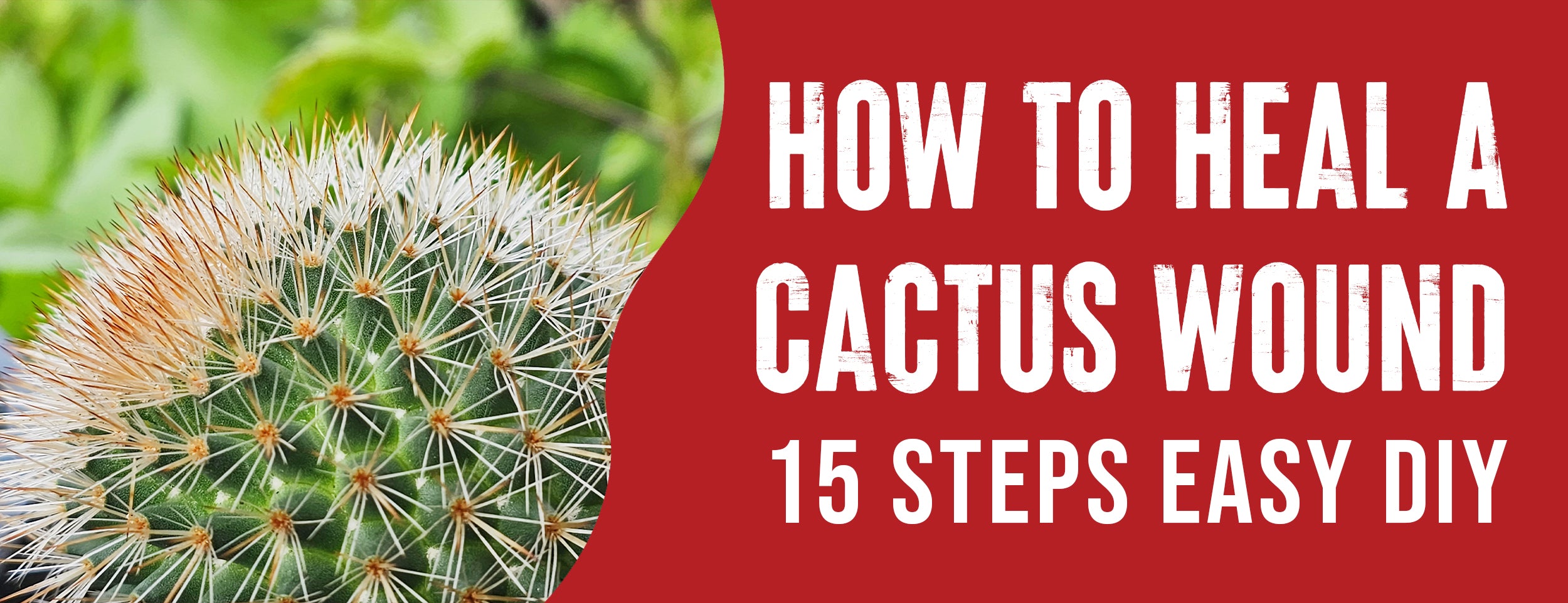A disinfectant kills germs and may harm babies or children if misused. A child should never apply disinfectants, and babies should not be allowed near disinfectant areas. Follow the label instructions when using disinfectants and ventilate the site.
When choosing a disinfectant spray for babies, my priority is to pick one that is baby-safe, non-toxic, hypoallergenic, and free from harsh chemicals.
I also want a spray approved by relevant health authorities. Following the instructions and speaking with a healthcare professional for personalized advice is essential.
We will explore the risks of disinfectant spray for babies, the benefits of safe spray, and the safest alternatives available. We will discuss evidence-based information from credible sources to empower parents.
What Disinfectant Spray is Safe for Babies: 11 Factors to Check

Cleaning and keeping our homes germ-free can inadvertently expose our babies to harmful chemicals in disinfectant sprays. Explore the risks of disinfectant sprays for babies and provide actionable tips on keeping your little ones safe.
Potential Harmful Ingredients to Babies
Disinfectant sprays are commonly used in households to kill germs and prevent illness spread. These sprays contain chemicals that can harm babies health, including.
- Formaldehyde: Is a common ingredient in disinfectant sprays that can irritate the skin and eyes.
- Ammonia: Ammonia is another commonly used disinfectant ingredient that can cause burns, eye irritation, and respiratory problems.
- Chlorine: Chlorine can harm babies, causing respiratory problems and skin irritation
- Triclosan: Triclosan is another ingredient found in many disinfectant sprays, which can lead to hormonal disruption and microbial resistance.
- Fragrances: Many disinfectant sprays have added fragrances to give them a pleasant smell, but these fragrances can cause skin allergies, respiratory problems, and even affect infants' neurological systems.

EPA2 or CDC Warnings
Environmental Protection Agency and CDC have warned about disinfectant spray's potentially harmful effects in households with babies and young children. Some of the risks highlighted by these organizations include:
- Toxic chemicals can cause respiratory problems, such as coughing and difficulty breathing.
- Exposure to disinfectant sprays can cause skin irritation, rashes, and burns.
- Continued exposure to disinfectant sprays can lead to long-term health problems, including cancer.
Disinfectant Exposure in Babies
Babies and young children are more vulnerable to the harmful effects of disinfectant sprays than adults because their bodies are still developing and are more sensitive to toxic chemicals. In addition, babies have a higher risk of exposure to disinfectant sprays because:
- They spend more time on the floor or carpet, where disinfectant sprays are commonly used.
- Babies often put their hands and toys in their mouths, increasing the risk of exposure to harmful chemicals.
- Babies developing immune systems may be negatively impacted by exposure to disinfectant sprays, making them more susceptible to illnesses.
Safe Disinfectant Spray for Babies: Safest Alternatives

While disinfectant sprays are a popular choice for cleaning, many parents are concerned about the potential risks they pose to their little ones. We will explore some of the safest alternatives to disinfectant spray for babies.
Cleaning and Sanitizing Baby's Environment
- Soap and Water: An easy way to clean surfaces. It's safe for babies, cost-effective, and readily available.
- Vinegar: A mixture of one part vinegar and one part water effectively cleans and disinfect surfaces. It's non-toxic, inexpensive, and safe for babies.
- Hydrogen Peroxide: An excellent alternative to disinfectant sprays. You can kill germs and bacteria without the harsh chemicals found in traditional sprays.
- Steam Cleaning: Steam cleaning machines that use only water are safe to use around babies. They clean and sterilize surfaces without any chemicals.
Baby-Safe Disinfectant Sprays: Benefits

Choosing the right disinfectant spray for babies is crucial to ensure their safety and well-being. We'll explore the benefits of using safe disinfectant spray for babies, examine recommendations from reliable sources, and provide tips on using disinfectant sprays safely and correctly around babies.
Positive Effects of Using the Right Disinfectant Spray
Disinfectant sprays effectively eradicate harmful germs and bacteria from surfaces that come into contact with your baby. Here are some of the key benefits of using a safe disinfectant spray:
- Reduced Risk of Infection: Regularly disinfecting surfaces in your baby's surroundings can significantly decrease the risk of infections caused by harmful bacteria and germs.
- Improved Health: A clean and sanitized environment promotes better health and reduces the occurrence of illnesses.
- Peace of Mind: A safe disinfectant spray will protect your baby from harm.
Examining Recommendations from Reliable Sources
To ensure that you use the right disinfectant spray for your baby, it's essential to look for recommendations from reliable sources. Here are some factors to consider when selecting a safe disinfectant spray for your baby:
- Check the Ingredients: The disinfectant spray should be chemical-free and safe for your baby.
- Look for FDA Approval: Ensure that the FDA has approved the disinfectant spray for use around infants and children.
- Consider the Effectiveness: Choose a disinfectant spray that kills harmful bacteria and germs.

How to Use Disinfectant Spray Safely and Properly Around Babies?
While disinfectant sprays can be highly effective when used correctly, following safety guidelines is essential to ensure your baby's safety. Here are some tips to keep in mind when using disinfectant sprays:
- Ensure Proper Ventilation: Before using the disinfectant spray, ventilate the room well to avoid inhaling harmful fumes.
- Avoid Direct Contact: Do not spray disinfectant directly on your baby or their skin.
- Keep Out of Reach: Store disinfectant sprays out of reach of infants and children to avoid accidental consumption.
Conclusion
Ensuring our baby's healthy and clean environment is crucial for their wellbeing. We must be cautious of our cleaning products, especially disinfectant sprays, as they can risk our baby's health.
Parents can choose a safe disinfectant spray that works best for their little one's needs by examining the risks, benefits, and alternatives available.
Always follow the recommended instructions, use the product safely, and store it appropriately. This will keep it safe and healthy for little ones while maintaining a balanced approach to cleaning and sanitation.












